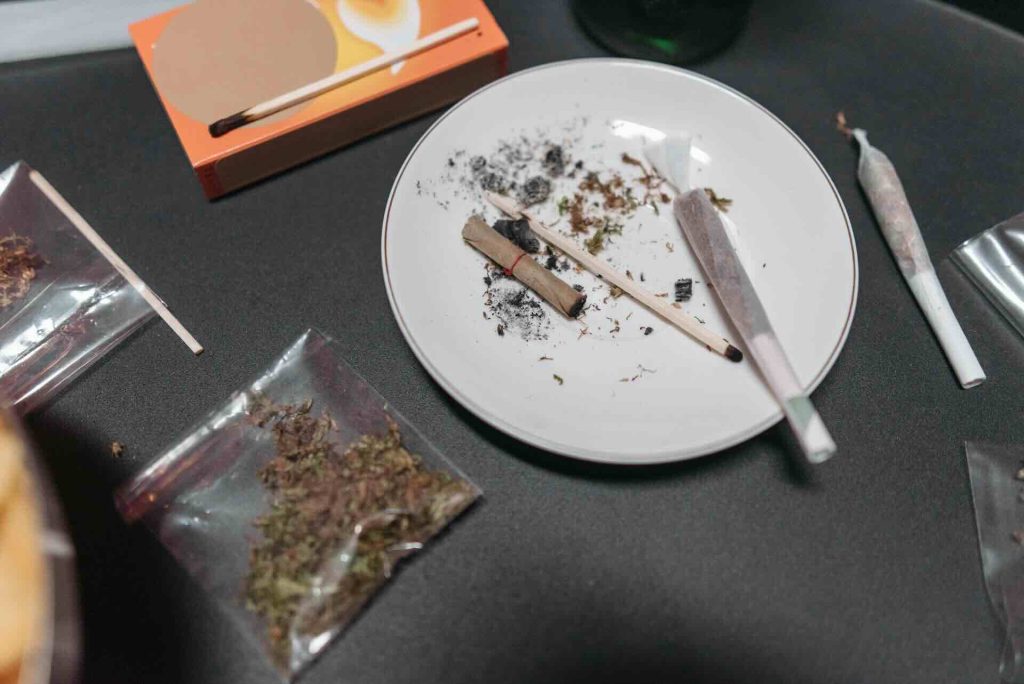Rehab isn’t just about detox. It’s about rebuilding—and that rarely happens in isolation.
That’s why group therapy plays such a vital role in addiction recovery. It’s where shame is unpacked, trust is rebuilt, and new perspectives are born. But not all group therapy is created equal. The effectiveness often hinges on what’s being talked about.
So, what are the most impactful group therapy topics in drug addiction rehabilitation? Let’s explore the themes that truly help people reconnect—with themselves and with life beyond addiction.
Why Group Therapy Works in Addiction Recovery
There’s something powerful about hearing “me too” from someone who gets it. Group therapy provides a safe space where people can practice vulnerability, receive feedback, and realize they’re not alone in their struggle.
According to the Substance Abuse and Mental Health Services Administration (SAMHSA), group therapy is effective because it builds empathy, accountability, and a sense of belonging—all of which are protective against relapse.
But what makes a group session meaningful? It comes down to intentional, evidence-based topics that go deeper than surface-level sharing.
1. Triggers & Cravings
This is a big one—because recognizing a trigger before it becomes a relapse is a skill that can save lives.
In group settings: Clients explore personal triggers (stress, loneliness, people, places) and discuss strategies for coping. Hearing how others manage their cravings can expand the toolkit for everyone in the room.
Helpful prompts:
- “What was your last trigger—and how did you respond?”
- “What does a craving feel like in your body?”
- “What’s your go-to coping strategy?”
2. Identity Beyond Addiction
Addiction often becomes a person’s dominant identity. In group therapy, individuals are encouraged to explore: Who am I beyond this?
These sessions focus on values, goals, lost passions, and future aspirations. They can be deeply emotional but incredibly motivating. Sharing wins—no matter how small—can reignite self-worth.
Why it matters: When people start seeing themselves as more than “an addict,” recovery becomes something they want for themselves—not just something they’re told to do.
3. Shame, Guilt & Forgiveness
Guilt says, “I did something bad.” Shame says, “I am bad.” In addiction recovery, this distinction is critical—and group therapy helps tease it apart.
Common discussions include:
- Making amends with family or children
- Forgiving oneself for past actions
- Letting go of trauma or resentment
Sharing stories in a nonjudgmental space helps normalize these feelings. It also models what forgiveness can look like—especially when it comes from peers in similar shoes.
4. Relapse Prevention Planning
Let’s be clear: relapse isn’t a failure—it’s information. But it’s also preventable when the right strategies are in place.
In a group format: Members develop and refine individualized relapse prevention plans. They role-play high-risk scenarios, learn how to set boundaries, and support each other in moments of doubt or struggle.
Sample topics:
- “What are your warning signs?”
- “How do you rebuild after a slip?”
- “Who’s in your sober support network?”
5. Communication & Boundaries
Many people in recovery have either blurred boundaries—or walls so high that no one gets in. Group therapy becomes a live practice ground for learning how to speak up, listen, and assert needs without guilt or aggression.
From conflict resolution to healthy relationship skills, these sessions are especially useful for those returning to families, partners, or workplaces.
6. Stress Management & Emotional Regulation
Let’s face it—life doesn’t get less stressful after rehab. But in group, clients learn that stress doesn’t have to be a trigger.
Through guided discussions, clients explore:
- What healthy coping looks like (meditation, journaling, movement)
- How to sit with uncomfortable emotions without acting on them
- Ways to calm the nervous system in real time
Why it matters: Emotional sobriety is just as important as physical sobriety.
7. Gratitude & Growth
Not every group session has to be heavy. Gratitude-focused topics help shift attention from what’s broken to what’s working—even if it’s just the fact that you showed up today.
These sessions often include journaling, reflection, or sharing “wins of the week.” They’re simple but powerful—and often the most transformative for long-term mindset shifts.
What Makes a Group Therapy Topic Effective?
It’s not just about the topic—it’s how it’s delivered. Effective group therapy is:
- Trauma-informed: No one is forced to share or rehash past wounds without consent.
- Structured, but flexible: There’s a clear focus, but room for authentic conversation.
- Peer-driven: Clients learn as much from each other as they do from the facilitator.
In short: safety, honesty, and relevance matter just as much as the subject itself.
Final Thought: Healing Happens in Community
Group therapy isn’t just another box to check in treatment. When done right, it becomes a lifeline—a space where people find the courage to speak, listen, grow, and start again.
Whether you’re in recovery, supporting someone who is, or just curious about how healing really works—remember this: transformation doesn’t happen in isolation. It happens in connection.
- How Automated Dispensing Cabinets (ADCs) revolutionized point-of-care medication administration? - November 23, 2021
- How to Select the Best and Most Affordable Fitness Tools - October 31, 2021
- What is Causing the Trend of Nursing Turnover and How to Stop It - August 24, 2021

